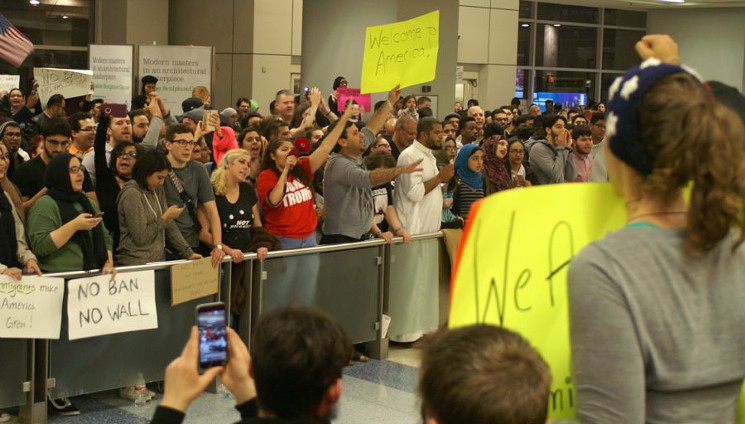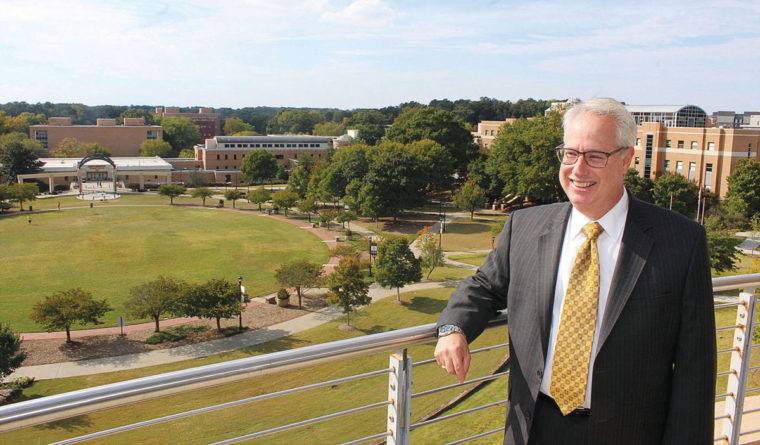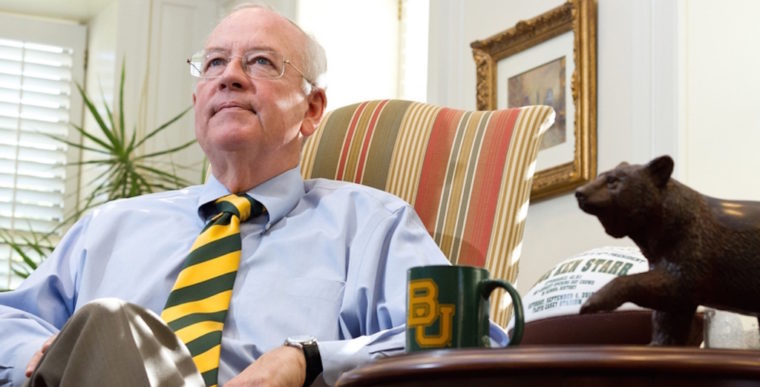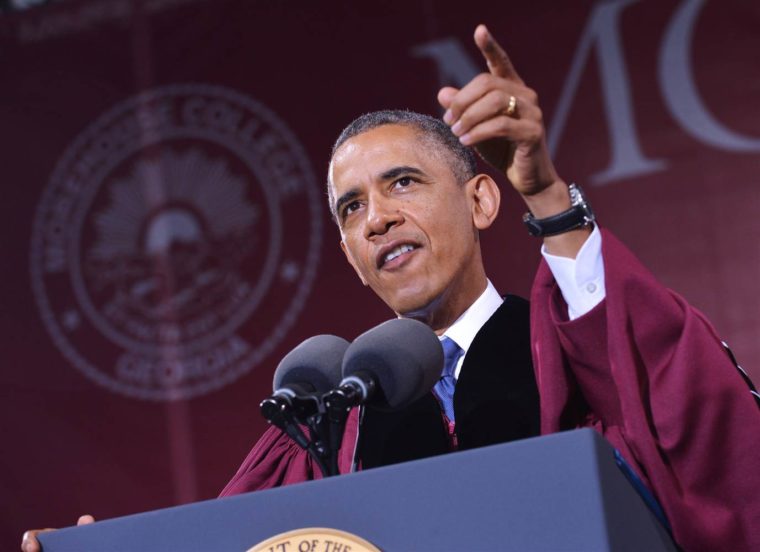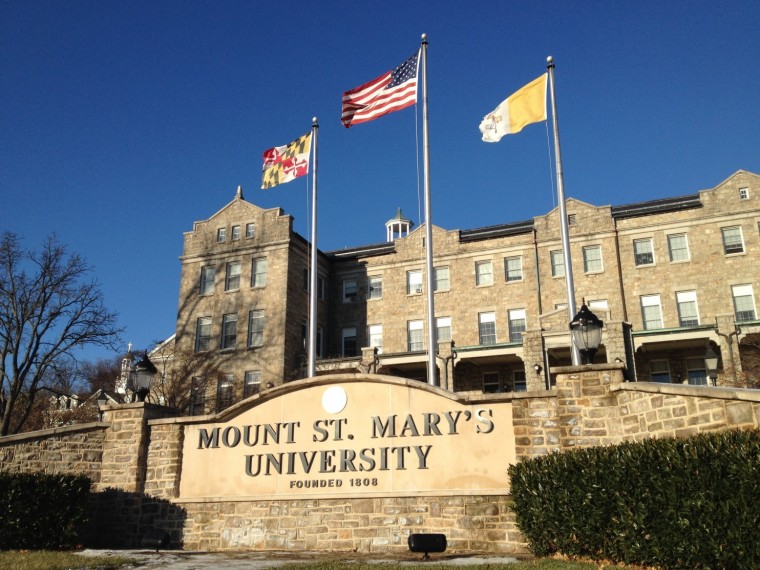I have often been critical of college presidents not standing up for political issues that directly impact our institutions. As waves of protests and condemnations of the executive order took hold over the weekend, another event occurred. College presidents seeing the order as a direct assault on the values of higher education started speaking up. One after another, they condemned the President’s action. Rather than sharing my thoughts, I want to take the opportunity to share the unanimous voices of higher education’s leaders standing up to an attack on the values we hold dear- both as higher education and as a country. The sheer number of responses shows just how united American higher education is in fighting this attack on our values.
